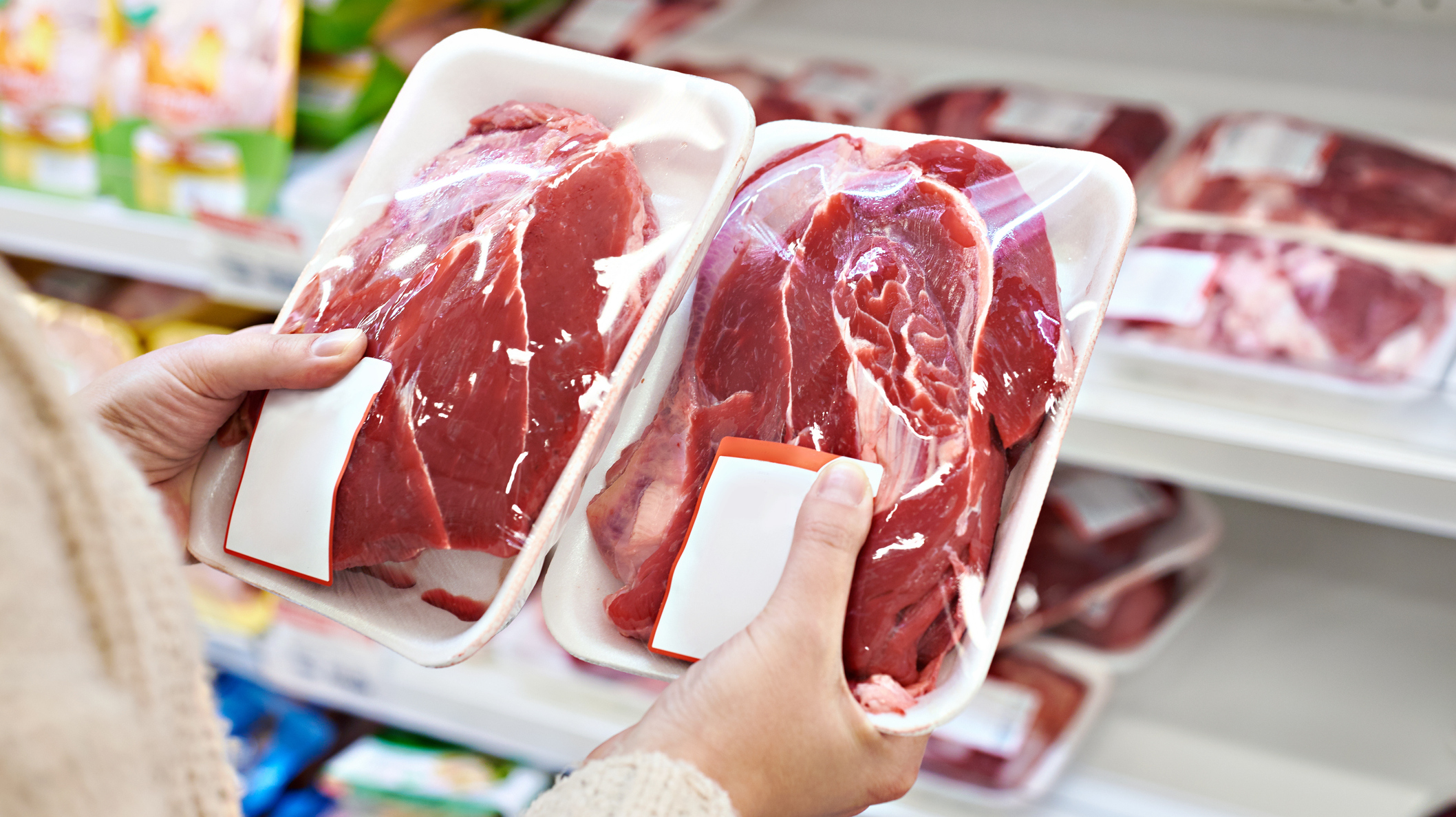Automation May Be To Blame For More Food Recalls
You might have wondered if meat recalls were actually on the rise. Within just the last six months, companies have recalled beef and chicken over "extraneous materials," wood parts, and e. coli contamination. The uptick in these incidents was quantifiable, and has led the U.S. Department Of Agriculture's Food Safety and Inspection Service to issue new voluntary guidelines to help protect consumers.
Reuters reports the guidelines merely make sure meat producers are in compliance with already existing rules. Companies are now urged to begin internal investigations as soon as they receive product complaints, and to notify the USDA within 24 hours if contaminated food is in the market. Since the beginning of 2018, meat companies have issued upwards of 25 recalls for millions of pounds of food.
But why all the recalls in the first place? Some consumer groups say it's because of automation at meat-processing plants. You might think that robotics and assembly lines would make the process more safe and sterile, but an article in the December 2018 issue of Food Quality & Safety argues that automation is actual responsible for some of the recent meat recalls: "The speed of automated packaging lines has also driven a spike in product mislabeling. And advanced manufacturing equipment has led to more foreign materials like metals and plastics being found in prepared foods." Still, the author notes, automation is also the best solution to the "recall epidemic." Improved genomic testing of food, digital temperature sensors, and Internet Of Things-enabled supply chain products might all help make food safer.
And let's end on a heartening note: While food recalls are on the rise, that doesn't mean our groceries are necessarily less safe. In fact, Food Quality & Safety notes, better food-safety testing means regulators are finding more of these contaminants, "enabling government regulators to pull back food that would have normally slipped through."
